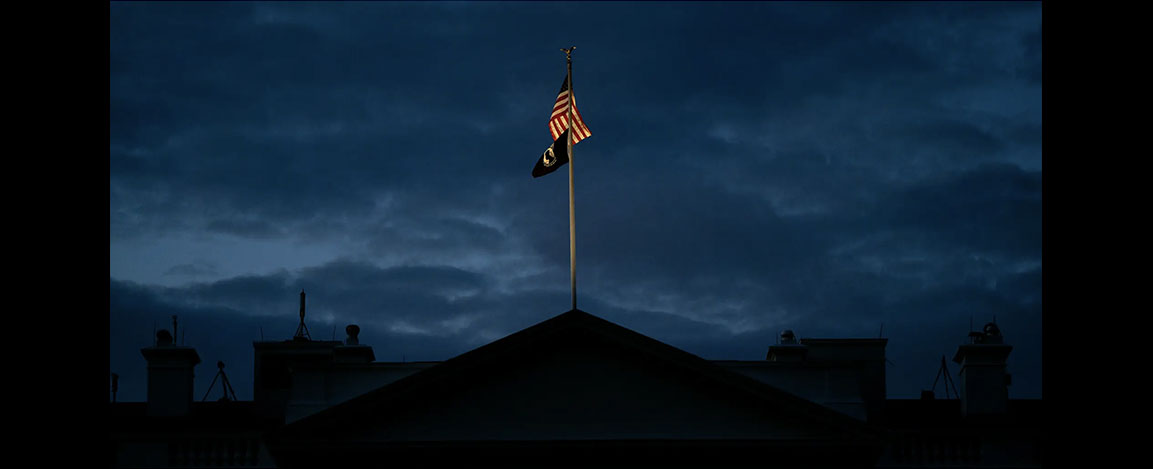Scholars of American politics need to pick up the torch from experts on the democratic decline in Europe, who first raised the alarm about growing dangers to American politics. The very process of intellectual interaction and collaboration among influential analysts of different political stripes could reconcile many of them to the undesirability of political upheaval, and thus decrease its likelihood.
The full text for this essay, written by Steven Simon, a Robert E Wilhelm Fellow at CIS, and co-author Jonathan Stevenson, was published in the New York Times and is available here.
It behooves us to prepare our defenses for the worst. Understandably, the policy focus is now on pre-empting a right-wing steal in the next national election. But success will depend crucially on factors that are beyond control—the midterm elections this year and the identity of the Republican candidate in 2024—which suggest that focus is misplaced. And even if a steal is thwarted, success might not preclude a coercive challenge of the election results; quite to the contrary, it would provoke one.
War games, tabletop exercises, operations research, campaign analyses, conferences and seminars on the prospect of American political conflagration—including insurrection, secession, insurgency and civil war—should be proceeding at a higher tempo and intensity. Scholars of American politics need to pick up the torch from experts on the democratic decline in Europe, who first raised the alarm about growing dangers to American politics. The very process of intellectual interaction and collaboration among influential analysts of different political stripes could reconcile many of them to the undesirability of political upheaval, and thus decrease its likelihood.
The full text of this essay is available here in the New York Times.




